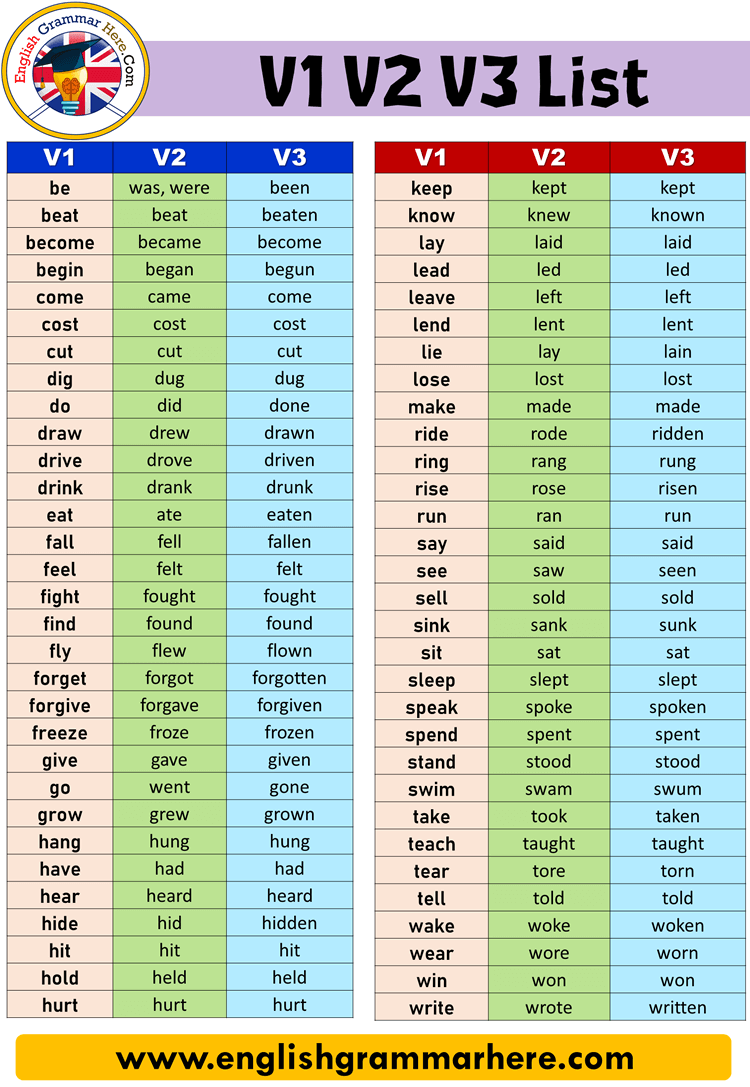
Tense can be defined as a word form used to indicate the time of occurrence of an incident with reference to the moment of speaking. It indicates the completion or continuance of an activity. Whether you are a school student or someone preparing for competitive examinations or any other English proficiency test, good knowledge of Tenses is definitely going to help you score better. Let us explore different tenses rules and usage with some examples!
Types of Tenses
There are three types of tenses.
- Past
- present
- Future
These tenses can further be categorized into 4 types:
- Simple Tense
- Continuous Tense
- Perfect Tense
- Perfect Continuous Tense
- Simple Tense : It is used for habitual or routine action in the present Tense, action which is over in the past Tense and action to happen in the Future Tense.
- Continuous Tense : The action is incomplete or continuous or going on.
- Perfect Tense : The action is complete, finished or perfect with respect to a certain point of time.
- Perfect Continuous Tense : The action is going on Continuously Over a long period of time and is yet to be finished.
Learn Tenses in English Grammar ( Part -1st )
1. Present Indefinite or Simple Present
(V1 = first form of verb, V2 = Second form of verb, V3 = Third form of verb
Subject + V1 + s/es + object
We use s/es with the verb, when the subject is singular.
If the subject is plural, then we don’t use e/es.
For example
a. Dog barks
b. Dogs barks.
c. Girl plays hockey.
d. Girls play hockey.
2. Present Continuous Tense
Subject + is/am/ are + V1 + ing + object. (sometimes object is not present in the sentence)
For example
a. I am going to market.
b. She is cooking food.
c. They are playing. (without object)
3. Present Perfect Tense
Subject + has/have + V3 + object
Has is used with singular subjects.
Have is used with plural subjects.
For example,
a. They have played a match.
b. She has cooked the food
c. I have written a letter.
4. Present Perfect Continuous
Subject + has been/ have been + V1 + ing + object
Has been is used with singular subjects.
Have been is used with plural subjects.
For example
a. It has been raining since morning.
b. I have been working here for two years.
c. They have been playing cricket since 2001.
1. Past Indefinite Tense
Subject + V2 + object
For example
a. Ram played a match.
b. They cooked food.
c. I went there.
2. Past Continuous Tense
Subject + was/were + V1 + ing + object
Was is used with singular subjects.
Were is used with plural subjects.
For Example
a. She was cooking food.
b. They were playing cricket.
c. I was writing a letter.
3. Past Perfect Tense
Subject + had + V3 + object ( Always use V3 with has/ have/ had.)
For example
a. She had cooked food.
b. They had played a match.
c. I had left the job.
4. Past Perfect Continuous
Subject + had been + V1 + ing + object
For example
a. It had been raining since Monday.
b. They had been playing cricket since 2002.
c. I had been living in India for three years.
Learn Tenses in English Grammar ( Part -2nd )
1. Future Indefinite Tense
Subject + will/shall + object
Will is used with he/she/it/they/we etc.
Shall is used with ‘I’.
But these days, will is commonly used with ‘I’.
For example
a. I will/shall go for a movie.
b. They will have fun there.
c. She will make a list.
2. Future Continuous Tense
Subject + will/shall + be + ing + V1 + object
For example
a. She will be cooking food.
b. They will be cutting trees.
c. I will/shall be cleaning the room.
3. Future Perfect Tense
Subject will/shall + have + V3 + object
For example
a. They will have cooked food.
b. I will have left the job.
c. She will have prepared the lecture.
4. Future Perfect Continuous
Subject + will have been + V1 + ing + object.
For example
a. It will have been raining since morning.
b. We will have been playing for three years.
c. They will have been working since 2001.